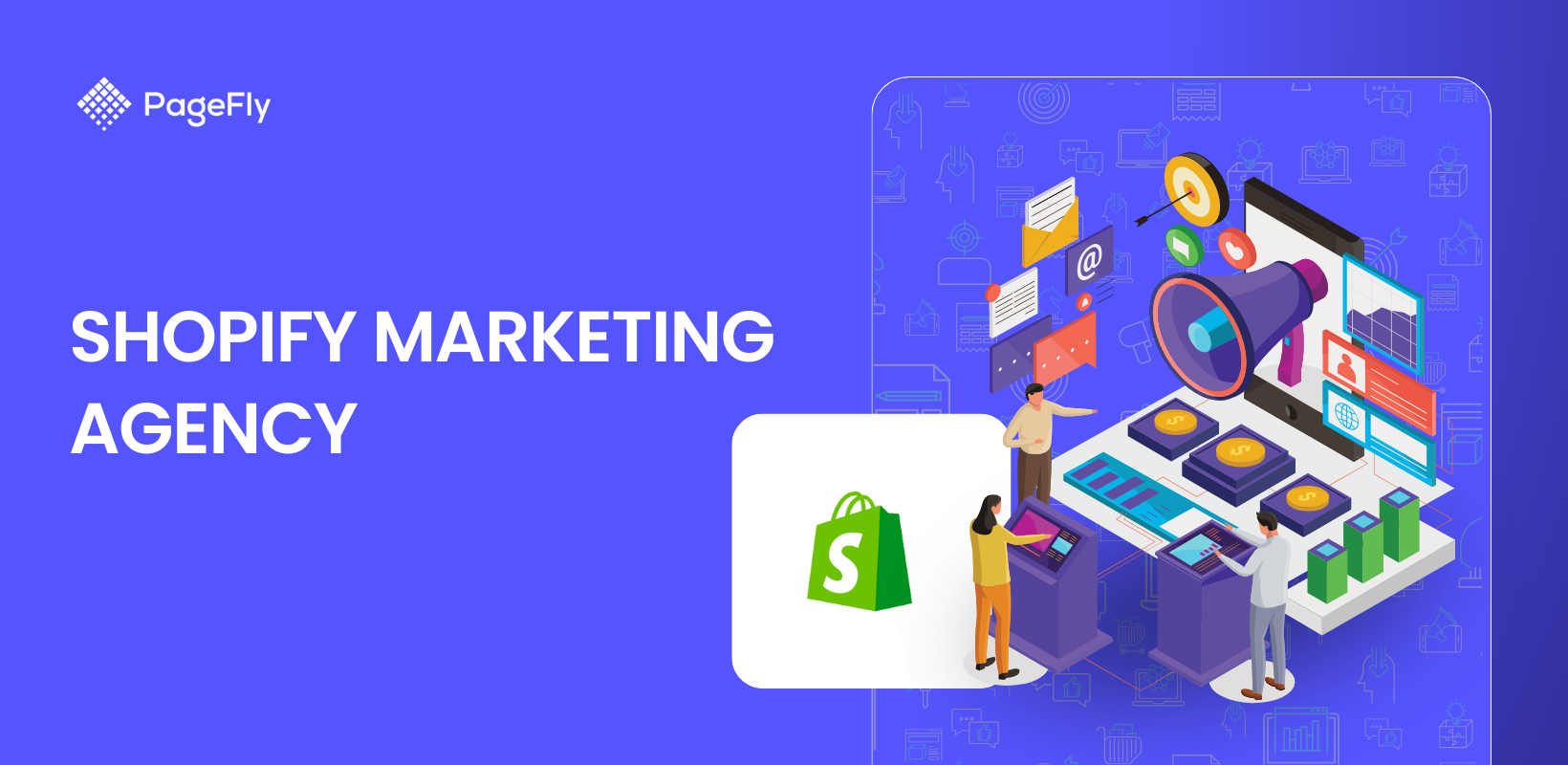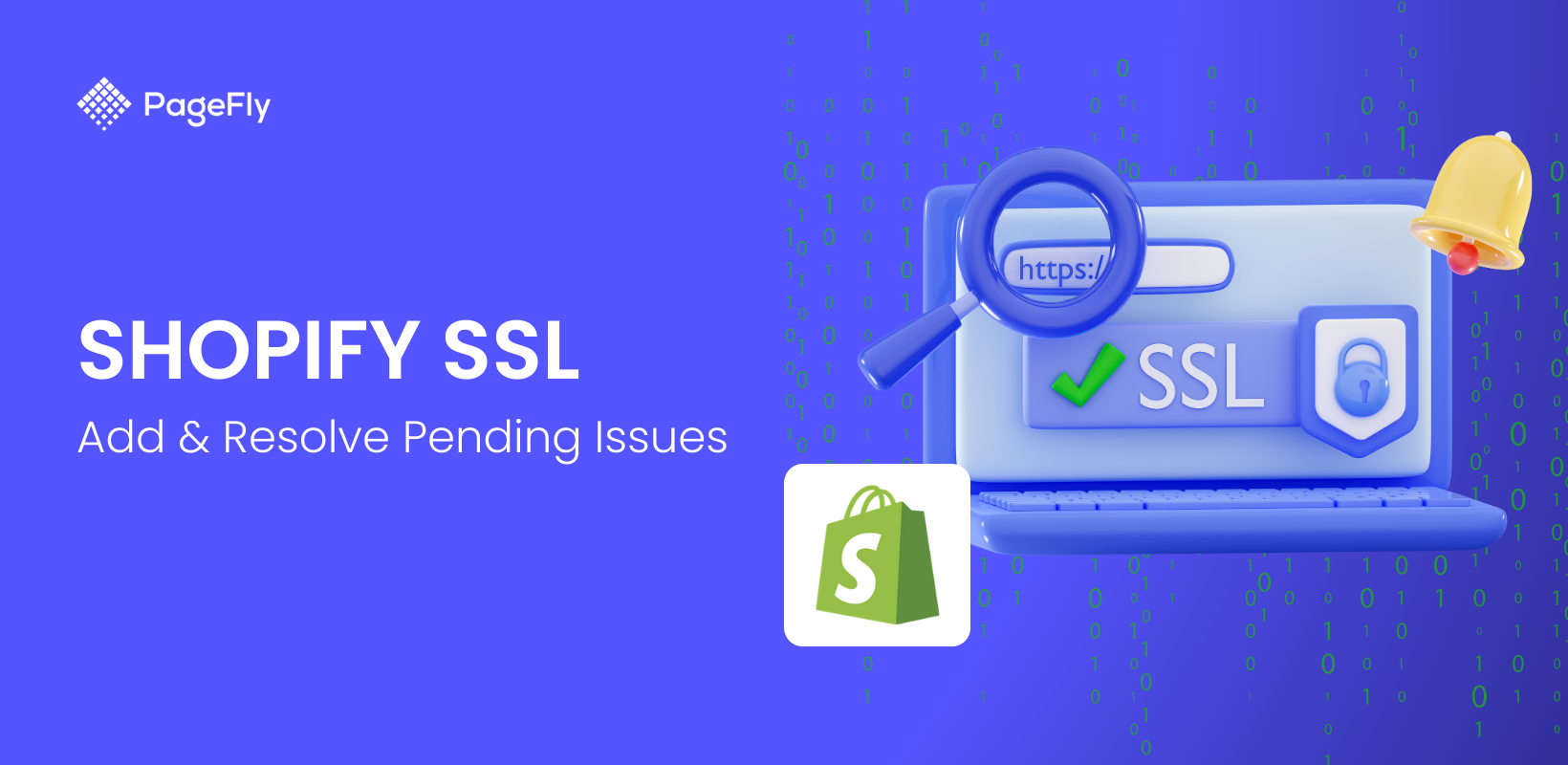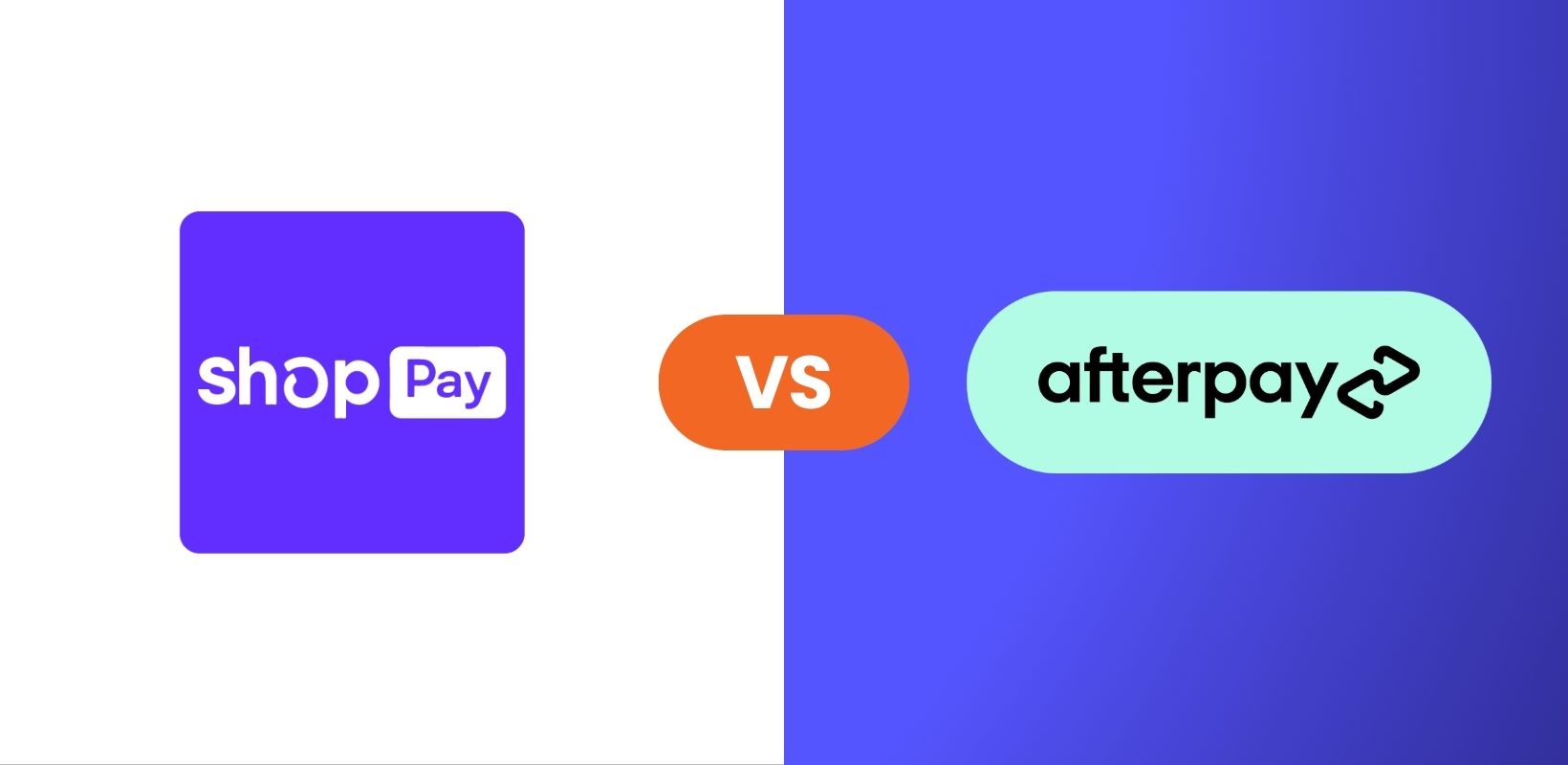Choosing an eCommerce platform can feel overwhelming, can't it? Shopify is the go-to for many, and for good reason. But sometimes, your business needs something different. That's where Shopify competitors come into play.
Here's the thing: in 2024, you've got options. Good ones.
We're about to explore 9 Shopify competitors that might fit your online store better. No jargon, no fluff – just honest insights to help you make the right call.
Whether you're just starting or thinking about switching platforms, this guide's for you. We'll break down what each Shopify alternative offers, who it's best for, and how it stacks up against Shopify.
Ready to find an eCommerce solution that truly works for you? Let's get started.
Shopify Competition Overview
When we talk about Shopify competition, we mean the other online store platforms that businesses can choose instead of Shopify. These options are important because they give store owners more choices and push all platforms to get better.
Right now, over 5 million websites use Shopify (Source: BuiltWith). The company keeps growing each year. However, this dominance hasn't stopped Shopify competitors from finding success in niche markets or catering to businesses with specialized requirements.
Who Are Shopify's Competitors?
Shopify faces competition from several key players in the eCommerce platform market. The main contenders include:
- WooCommerce: Popular for WordPress users
- BigCommerce: Known for its robust features
- Wix eCommerce: Favored for its design flexibility
- Squarespace: Appreciated for its sleek templates
- Magento: Chosen for its customization options
- Shift4Shop: Offers a free plan for US-based merchants
- Volusion: Known for its built-in SEO tools
- Sellfy: Popular among digital product sellers
- Ecwid: Ideal for adding shops to existing websites
In the upcoming section, we will dive deep into some of the best Shopify competition in 2024.
Top 9 Shopify Biggest Competitors to Consider in 2024
Here are the nine best Shopify alternatives to check out in 2024:
WooCommerce

Source: WooCommerce
WooCommerce is a powerful, open-source eCommerce plugin built for WordPress. It helps in transforming your existing website on WordPress into a fully functional online store. WooCommerce offers great flexibility and customization options as well.
Price:
- Free WordPress plugin
Features:
- Extensive customization through themes and plugins
- Open-source architecture for transparency and community support
- Scalable to handle various traffic and product volumes
- Seamless integration with the WordPress ecosystem
Pros:
- Highly flexible and customizable
- Large, supportive community
- No transaction fees
- Integrates well with existing WordPress sites
Cons:
- Steeper learning curve for non-technical users
- Requires separate hosting and security management
- May need additional plugins for some core eCommerce features
Best suited for: Tech-savvy entrepreneurs, developers, businesses already using WordPress, and those desiring complete control over their online store's design and functionality.
BigCommerce

Source: BigCommerce
BigCommerce is an all-in-one online store platform that's easy to use. It has many built-in tools and works well for all kinds of businesses, from small shops to big companies.
Price:
- A 15-day free trial is available
- The Standard plan starts at $29 and goes up to $299 for the Pro plan.
- Custom pricing for Enterprise customers is also available
Features:
- Easy-to-use control panel
- Built-in tools for search rankings, marketing, and boosting sales
- Sell on many places like Amazon, eBay, and social media
- Lots of apps to add more features
Pros:
- Comes with many useful features for beginners
- Grows well with your business
- Good for search engine rankings
- Help available anytime
Cons:
- Can cost more than some other options
- Less freedom to change designs compared to WooCommerce
- Limits on yearly sales for cheaper plans
Best suited for: Businesses looking for an easy-to-use, full-featured online store that can grow with them without needing much technical know-how.
Wix eCommerce

Source: WiX
Wix eCommerce is a user-friendly online store builder known for its easy-to-use drag-and-drop interface. It lets you create good-looking online shops without needing to know how to code.
Price:
- A free plan is available
- Paid plans start at $17 per month and go up to $159, along with custom pricing options
Features:
- Simple drag-and-drop store designer
- The app market for adding extra tools
- Built-in marketing features like email and social media tools
- Stores look good on phones and computers automatically
Pros:
- Very easy to use, even for beginners
- Lots of nice-looking design templates
- Can add more features with apps
- Stores work well on mobile devices
Cons:
- Less flexible for complex designs compared to some other platforms
- Can get pricey for bigger stores
- Some advanced features require higher-tier plans
Best suited for: Small businesses or individuals who want to set up a professional-looking online store quickly and easily without dealing with technical chaos. It's great for merchants or store owners who wish to focus on the appearance of their store and want a simple way to sell online.
Quick read: Shopify and Wix comparison
Squarespace Commerce

Source: Squarespace
Squarespace Commerce is part of the Squarespace website builder, known for its sleek, professional-looking designs. It offers eCommerce features that blend seamlessly with Squarespace's stylish templates.
Price:
- A free trial for 14 days is available
- The Personal plan is $16 per month, and the Commerce (advanced) plan is priced at $52 per month
Features:
- Beautiful, ready-to-use store designs
- Built-in tools for marketing and social media
- Detailed reports on how your store is doing
- Helpful customer support with live chat
Pros:
- Stunning, professional-looking store designs
- All-in-one platform for website and online store
- Good marketing and analytics tools included
- Excellent customer support
Cons:
- Can cost more than some other options
- Fewer design customization options compared to some competitors
- Limited payment gateway options
Best suited for: Businesses that want a polished, professional-looking online store without much fuss. It's ideal for creative professionals, small businesses, and anyone who values good design and doesn't need complex customizations.
If you want your online store to look great and work smoothly from the start, Squarespace Commerce could be a good fit.
Magento (Adobe Commerce)

Source: Adobe Commerce
Magento, now called Adobe Commerce, is another exceptional Shopify competitor for an eCommerce platform. It's designed for big businesses and complex online shops. The platform can handle lots of products and visitors, making it great for large-scale online selling.
Price:
- Adobe Commerce offers custom pricing plans for multi-channel commerce selling for B2B and B2C customers
Features:
- Includes tools for business-to-business (B2B) selling, like quote management, bulk ordering, and customer groups
- Highly customizable to fit specific business needs
- Special tools for business-to-business (B2B) selling
- Advanced features like smart product search and personalized shopping
Pros:
- Can handle very large and complex online stores
- Lots of options to make your store exactly how you want it
- Great for both regular customers and business customers
- Connects well with other business software
Cons:
- Needs technical know-how to set up and run
- Can be complicated to manage
- Often more expensive than simpler platforms
Best suited for: Enterprise-sized businesses or online stores with a large inventory of products or complex needs can use Adobe Commerce. Businesses that sell to other businesses and companies with tech-savvy teams are also some of their target audience.
Shift4Shop (Formerly 3dcart)

Source: Shift4Shop
Shift4Shop is a comprehensive online eCommerce solution that works for businesses of all sizes. It's known for being easy to use and able to grow with your business. The platform changed its name from 3dcart but kept all the good and key features people liked about it.
Price:
- A free plan is available for customers processing a minimum of $1000 per month
- New customers have to pay $39/month
Features:
- Easy-to-use control panel for managing your store
- Vast theme library with fully responsive designs
- Tools to change your store's look without needing to code
- No limit on how many products you can sell
- Add-on store for extra features and tools
- Stores look good on computers and phones automatically
Pros:
- Simple to set up and use, even if you're not tech-savvy
- Can handle small shops to big businesses
- Comes with many useful features built-in
- Works well on mobile devices
- Free plan available for US-based merchants
Cons:
- Some advanced features might cost an extra
- Not as flexible for complex customizations as some open-source options
- Customer support can be slow at times
Best suited for: Shift4Shop is great for businesses that want an easy-to-use platform with lots of features included. It's good for business owners who are just starting, thanks to its free plan, but can also handle bigger operations.
Volusion

Source: Volusion
Volusion is an eCommerce platform that's been in the game since 1999. It offers a mix of features for online stores, with some standout elements that set it apart from competitors.
Price:
- A 14-day free trial is available
- Paid plans start at $35 per month and go up to $299
Features:
- Product video support to showcase items in action
- 'Suggested products' feature built-in, no third-party apps needed
- Mobile app for managing your store on the go
- Integration with over 1,000 apps through Zapier
- Advanced SEO options, including custom meta tag overrides
- Robust security measures with AES-256 encryption
Pros:
- Wide range of payment options, including digital wallets
- Ability to add product videos, enhancing customer experience
- Mobile app for store management from anywhere
- Extensive app integrations for customization
- Strong security features to protect your store and customers
Cons:
- The interface can be challenging to navigate for beginners
- Higher starting price compared to some competitors
- No option to sell digital products
- Lacks built-in blogging functionality
- Customer support could be improved
Best suited for: Volusion works well for businesses that prioritize product visualization and need flexible payment options. It's ideal for retailers with physical goods, especially those in visually-driven industries like fashion.
However, it may not be the best choice for beginners or those looking to sell digital products.
Quick read: Shopify vs Volusion In-depth Review
Sellfy

Source: Sellfy
Sellfy is a specialized eCommerce platform designed for creators and digital entrepreneurs. It simplifies selling digital products, print-on-demand items, and subscriptions.
Price:
- A 14-day free trial is available
- Paid plans start at $22 per month and go up to $119 for the Premium plan
Features:
- Versatile product options: digital goods, print-on-demand, physical items, and subscriptions
- Built-in print-on-demand service for custom merchandise
- Video streaming capability to reduce piracy risks
- Customizable storefront to match your brand
- Integrated marketing tools like email campaigns and upselling
Pros:
- Quick and easy store setup
- Ideal for digital product sales with built-in file delivery
- No transaction fees on any plan
- Print-on-demand integration eliminates inventory management
- Creator-centric features
Cons:
- Limited design customization options
- Fewer features for large-scale physical product businesses
- Basic reporting and analytics tools
Best suited for: Creators and businesses that primarily sell digital products, such as ebooks, videos, software, or online courses. Sellfy is also a good option for those who want to sell physical products through print-on-demand.
Ecwid by Lightspeed

Source: Ecwid
Ecwid is another flexible eCommerce solution (and a great Shopify alternative) that lets businesses sell both online and in-person. It's designed to work with existing websites or as a standalone store, making it a versatile choice for various business types.
Price:
- A free plan is available
- Paid plan starts at $21 per month and goes up to $89
Features:
- Multi-channel selling across websites, social media, and marketplaces
- Easy integration with existing websites
- Built-in marketing tools, including email campaigns and abandoned cart recovery
- Wide range of payment gateway options
- Flexible shipping settings with real-time rates
- Centralized inventory management across all sales channels
- Mobile app for on-the-go store management
Pros:
- Versatile platform for omnichannel selling
- Seamless integration with existing websites
- Robust marketing features included
- User-friendly interface and mobile app
Cons:
- May lack advanced customization options
- Can be costly for larger businesses
- Some features are only available on higher-tier plans
Best suited for: Ecwid is ideal for businesses wanting to expand their sales channels without overhauling their existing setup. It's great for small to medium-sized businesses looking for an all-in-one solution to manage online and offline sales.
Quick Comparison Table of Shopify Competitors
To help you quickly compare Shopify alternatives and find the best fit for your business, we've created this comprehensive table.
Platform | Starting Price | Key Features | Best Suited For | Standout Characteristic |
Shopify | $39/month | User-friendly interface, App ecosystem, Scalability, Customer support | Businesses of all sizes seeking a user-friendly platform | Largest Market Share |
WooCommerce | Free (WordPress plugin) | Extensive customization, Open-source, WordPress integration. | Tech-savvy entrepreneurs, WordPress users. | Most Customizable |
BigCommerce | $29/month | Multi-channel selling, Built-in marketing tools, Scalability | Businesses seeking easy-to-use, full-featured platforms | Best for Scalability |
Wix eCommerce | $17/month | Drag-and-drop interface, App market, Mobile-responsive | Small businesses, design-focused merchants | Most User-Friendly |
Squarespace Commerce | $16/month | Professional templates, Built-in marketing tools | Creative professionals, design-oriented businesses | Best Design Templates |
Magento (Adobe Commerce) | Custom pricing | B2B tools, Highly customizable, Advanced features | Large enterprises, complex online stores | Most Powerful for Large Businesses |
Shift4Shop | Free plan available | Responsive themes, Unlimited products | Businesses of all sizes, US-based merchants | Best Free Plan (US-based) |
Volusion | $35/month | Product video support, Suggested product features | Retailers with physical goods, visually-driven industries | Best for Product Visualization |
Sellfy | $22/month | Digital & physical products, Print-on-demand, Video streaming | Digital content creators, artists | Best for Digital Products |
Ecwid by Lightspeed | Free plan available | Multi-channel selling, Easy integration | Small to medium businesses, omnichannel sellers | Most Flexible Integration |
Shopify Alternatives: Criteria to Find the Best Fit
When choosing a Shopify alternative, consider factors like:
- Budget
- Business size
- Desired features
- Scalability
- Technical expertise
Each platform has its strengths, so focus on finding one that aligns with your specific business needs and long-term goals. Don't forget to take advantage of free trials to test your top choices before making a final decision.
Conclusion: Which Shopify Competitors Should You Choose?
After exploring these Shopify competitors, it's clear that each platform offers unique strengths. While Shopify remains a popular choice, your ideal solution depends on your specific business needs and goals.
Remember, the right choice is important for your business growth. Take advantage of free trials to test your top contenders. Whether you stick with Shopify or switch to an alternative, ensure your chosen platform powers your unique vision and supports your long-term success.






![12 ステップで Shopify ストアを立ち上げる方法 [成功のヒントも]](http://pagefly.io/cdn/shop/articles/how_to_launch_shopify_store_520x500_190425b0-5b6b-4c16-8b76-67951725fc19.png?v=1736993906&width=520)






